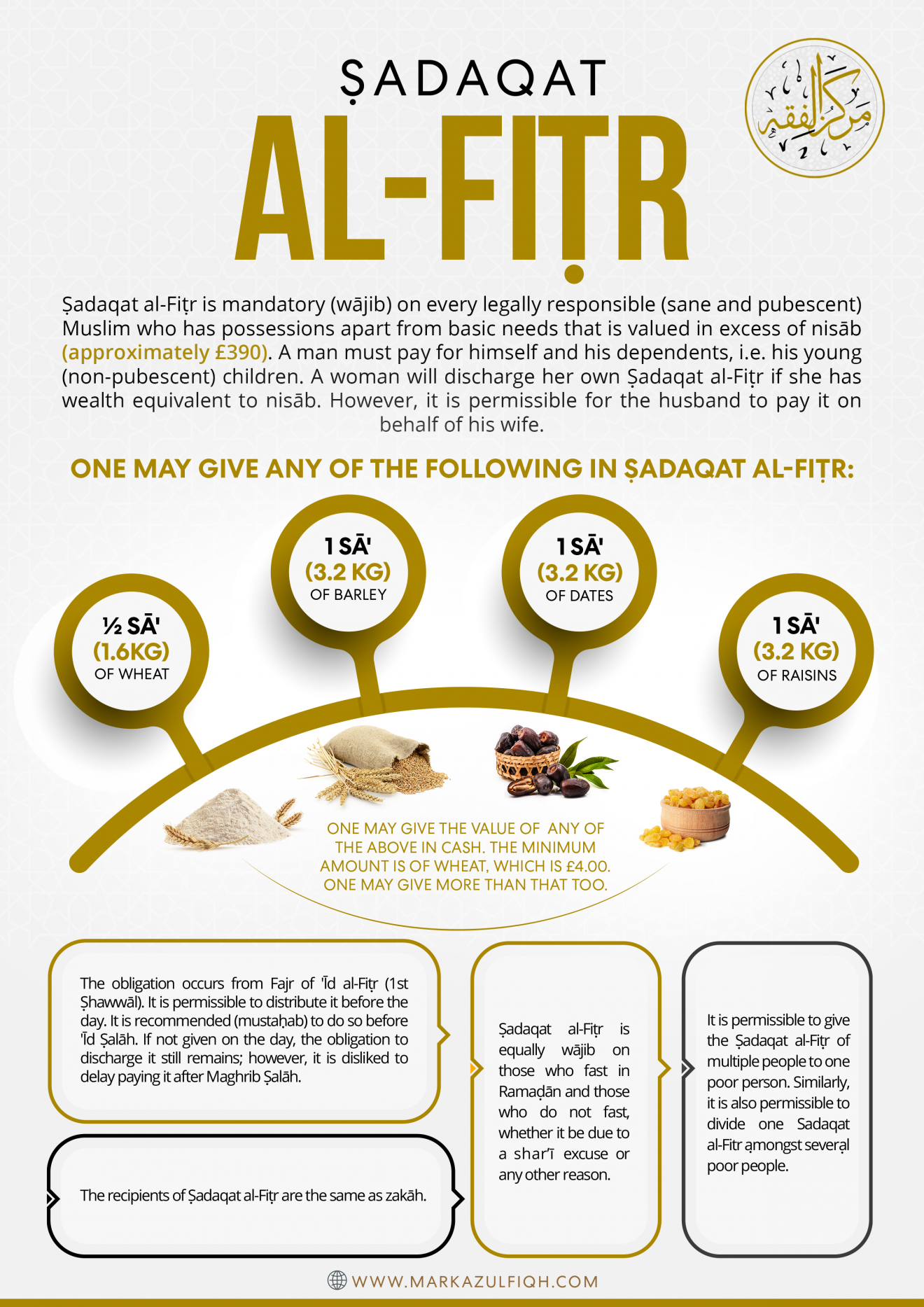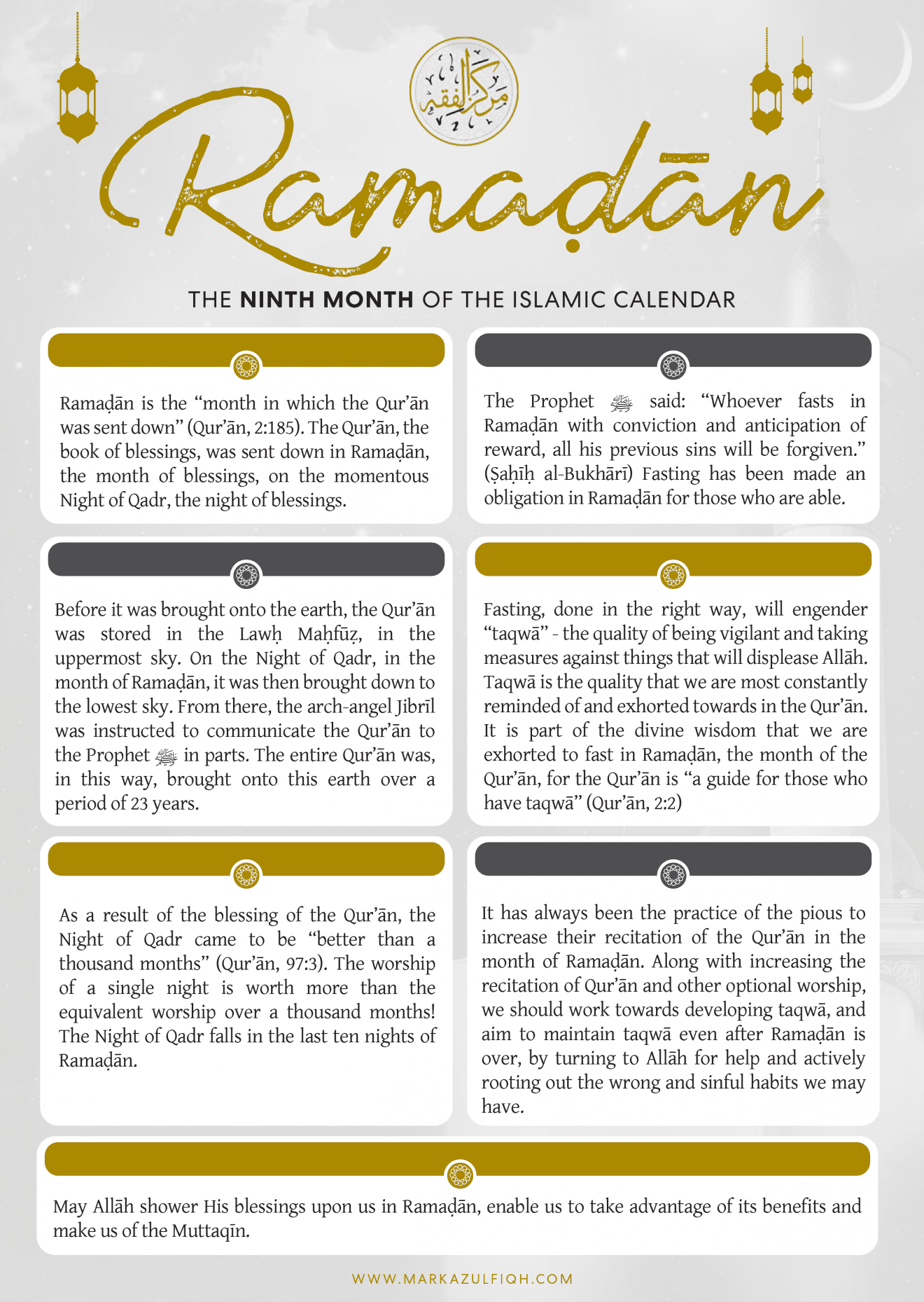by Admin | May 18, 2022 | Ḥajj & ‘Umrah, Q&A
Question:
Is it permissible to wear a watch in the state of Ihram?
(Question published as received)
Answer:
In the Name of Allah, the Most Gracious, the most Merciful.
It is permissible to wear a watch in the state of iḥrām. However, one should ensure that the watch does not distract one from worship etc. Smartwatches contain many features and apps which could easily divert one’s attention from worship. Hence, it is better to avoid wearing a smartwatch in the state of iḥrām.
And Allah knows best
(Mufti) Bilal al-Mahmudi
27 Ramadan 1443 / 28 April 2022
Concurred by: Mufti Zameelur Rahman
قوله (أي كل معمول الخ) أشار به إلى أن المراد الممنع عن لبس المخيط وإنما خص المذكورات لذكرها في الحديث وفي البحر عن مناسك ابن أمير حاج الحلبي أن ضابطه لبس كل شيء معمول على قدر البدن أو بعضه بحيث يحيط به بخياطة أو تلزيق بعضه ببعض أو غيرهما ويستمسك عليه بنفس لبس مثله إلا المكعب اھ (رد المحتار، ج ٢، ص ٤٨٩)
جہاں تک گھڑی دیکھنے کی بات ہے، تو نماز میں کوئی بھی ایسا عمل جو نماز کی طرف سے توجہ کو ہٹادے، کراہت سے خالی نہیں، اور ظاہر ہے کہ یہ بھی ان افعال میں سے ہے، اس لیے اس سے اجتناب کرناچاہئے، تاہم اگر گھڑی دیکھ کر ٹائم کو سمجھ لیں، لیکن زبان سے کوئی لفظ نہ بولے تو اس سے نماز فاسد نہیں ہوتی، چنانچہ فقہاء نے لکھا ہے کہ محراب پر قرآن کے علاوہ کچھ لکھا ہوا ہے، نمازی اسے دیکھے اور سمجھ لے تو نماز فاسد نہیں ہوگی (کتاب النوازل۔ ج ۲ ص ١٦٤)
(معلم الحجاج، گابا سنٹر کراچی)
by Admin | Mar 23, 2022 | Miscellaneous, Research & Articles, Tazkiyah
By Hadhrat Mawlānā Muhammad Saleem Dhorat
The ‘Ulamā have stated that how we spend the whole week depends on how we spend the day of Jumu‘ah. If one spends the day of Jumu‘ah in obedience to Allāh ta‘ālā, then through the barakah of this, Allāh ta‘ālā will grant him the ability to remain steadfast throughout the week. Similarly, how we spend the whole year depends on how we spend the month of Ramadhān. If we value the blessed month of Ramadhān, we will witness the positive effects of this throughout the year. We will be able to obey Allāh ta‘ālā and seek His pleasure in the remaining eleven months; and this will then have a knock-on effect upon the following Ramadhān which in turn, will secure the year after. If this cycle continues, we will remain obedient to Allāh ta‘ālā throughout our lives and will depart from this world with the Pleasure of Allāh ta‘ālā. The angels will give glad tidings,
O the content soul! Come back to your Rabb, in a state that you are pleased with Him and He is pleased with you. Enter among my (chosen) servants and enter my Jannah. (89:27-30)
The question is how do we value the month of Ramadhān? The answer is by making sure we do not waste a single moment by ensuring that we engage in good deeds and abstain from sins.
Wasting Precious Moments
Wasting precious moments of life in the form of either disobedience to Allāh ta‘ālā or lā ya‘nī (futile activities) is the greatest loss a mu’min (believer) can incur. Therefore, in order to save ourselves from wasting these precious moments, we need to monitor ourselves to make sure we do not engage in any disobedience to Allāh ta‘ālā or lā ya‘nī. This is the golden rule of life which we need to hold fast to throughout our lives, but it becomes all the more important during blessed moments like Ramadhān.
In order to do this, one must stay in good company and good environment and abstain from bad company and bad environment. Company and environment are the two things that influence a person most, thus we need to be wary of them and choose them correctly. If we adopt good company and remain in good environments, we will feel inclined to do good; and if we do the contrary, we will feel inclined to do bad.
Furthermore, whilst keeping ourselves in good company and good environment, we should endeavour to mix with others as less as possible. This is because unnecessary mixing leads to gossip and useless talk which then leads to committing sins such as backbiting, ridiculing and slandering.
It should be borne in mind that activities on the mobile phone and other electronic devices such as conversing with people via call, message or on social media platforms, watching videos, listening to audios, reading articles or e-books are all equivalent to company. Unfortunately, for many of us, these devices become a means of bad company, wasting precious moments of our lives and often lead us to disobeying Allāh ta‘ālā. Therefore, we should be very mindful in this regard and avoid unnecessary usage of the mobile phone and other electronic devices, especially in the blessed month of Ramadhān, and more so during the nights. If we are unable to engage in ‘ibādah then we should retire to bed rather than putting ourselves at risk of sin. Sleeping is a fort that saves us from committing sins.
Important guidelines for Ramadhān
The above forms the foundation of a fruitful Ramadhān. In addition to this, we must hold fast to a few points which are important throughout our lives, but hold extra importance when it comes to Ramadhān:
1. Fasting is from the five fundamental pillars of Islam. During the month of Ramadhān, one of the gravest disobediences we can possibly commit is to neglect a fast; and this sin becomes all the more severe when we become bold by openly declaring to people either verbally or practically that we are not fasting. If someone was to keep optional fasts his entire life, it will not compensate for just one fast that he missed during Ramadhān. Thus, we should endeavour to keep every fast of this blessed month.
Those who feel that they have a valid shar‘ī reason not to fast should consult a qualified doctor for health advice and then refer to a Mufti to get proper shar‘ī guidance. If one is excused from fasting during Ramadhān but can fast during shorter days, he should make up for the fasts in those days. If one was unable to fast at all, then he should give fidyah as soon as possible so that he is absolved of this great responsibility. Women who miss fasts due to menstruation should resolve to make up for their fasts as soon as possible, preferably straight after Ramadhān.
2. Perform the five daily salāh punctually. Men should perform salāh with jamā‘ah in the masjid and women should perform salāh at home in their mustahabb times. Rasūlullāh sallallāhu ‘alayhi wasallam said,
Indeed, the first action the servant will be taken to account for on the day of qiyāmah is his salāh. (At-Tirmidhī)
3. Increase spending in the path of Allāh. If one’s zakāh date falls in Ramadhān or if one has outstanding zakāh, he should make sure he gives his zakāh in this blessed month. It should be borne in mind that those whose zakāh date is out of Ramadhān should not delay discharging zakāh until Ramadhān; they should try to discharge their zakāh as soon as possible. Along with discharging zakāh, we should all give optional sadaqah generously, as Sayyidunā Ibn ‘Abbās radhiyallāhu ‘anhu said,
Nabī sallallāhu ‘alayhi wasallam was the most generous of people, and he would be most generous during Ramadhān. (Al-Bukhāri)
Rasūlullāh sallallāhu ‘alayhi wasallam has mentioned many virtues and benefits of sadaqah. One great benefit promised by Rasūlullāh sallallāhu ‘alayhi wasallam is the pleasure of Allāh and a good demise. Rasūlullāh sallallāhu ‘alayhi wasallam said,
Indeed, sadaqah extinguishes the Anger of the Rabb, and repels a bad death. (At-Tirmidhī)
Therefore, we should spend wholeheartedly for the pleasure of Allāh ta‘ālā on the various charitable projects available. In the month of Ramadhān, we have a great opportunity to arrange for iftār which is a very virtuous form of spending. Rasūlullāh sallallāhu ‘alayhi wasallam said,
Whoever gives a fasting person something to break his fast with, then for him will be reward equivalent to his (i.e. the fasting person’s reward), without it decreasing anything from the reward of the fasting person. (At-Tirmidhī)
Hammād ibn Abī Sulaymān rahimahullāh would feed five hundred people for iftār daily during the month of Ramadhān.
4. Recite the Glorious Qur’ān in abundance. Upon the advent of Ramadhān, Ibn Shihāb Az-Zuhrī rahimahullāh would say,
It (Ramadhān) is nothing but the tilāwah of the Qur’ān and feeding others. (At-Tamhīd libni ‘Abdil-barr)
Imām Mālik rahimahullāh and Sufyān Thawrī rahimahullāh would both leave aside all other activities such as teaching and lecturing during Ramadhān, and fully dedicate themselves to the tilāwah of the Qur’ān. During this blessed month, we should try to recite as much Qur’ān as possible. Non-huffāz should recite at least three juz a day and huffāz should recite at least five juz a day. Those who are able to recite more should do so. Many of our pious predecessors would complete the whole Qur’ān daily during Ramadhān.
5. Perform the tahajjud salāh. During the month of Ramadhān, it is easier to perform tahajjud in the last portion of the night. When waking up to partake of suhūr, we should wake up slightly earlier and perform a few raka‘āt of tahajjud, preferably eight raka‘āt. The practice of our beloved Nabī sallallāhu ‘alayhi wasallam was to perform eight raka‘āt of tahajjud throughout the year, including Ramadhān.
6. Make du‘ā in abundance. We should value the special moments of Ramadhān and make as much du‘ā as possible; whilst fasting, at the time of iftār, at the time of tahajjud, after the fard salāh, after reciting the Qur’an, etc. We should set aside some time daily exclusively for du‘ā and beg Allāh ta‘ālā for all our needs of this world and the hereafter. Similarly, whilst carrying out our daily tasks, we should make a habit of making du‘ā in the mind and heart. Whilst writing a letter, reading a book, embarking on a journey, preparing for sleep or doing any other task, we should ask Allāh ta‘ālā for assistance and barakah.
7. Repent from all previous sins. In the month of Ramadhān, tawbah and istighfār should increase significantly and we should make firm resolutions never to return to sins again. This is the essence of taqwā which is the main purpose and goal behind Ramadhān. Allāh ta‘ālā states,
O you who believe, the fasts have been enjoined upon you as they were enjoined upon those before you, so that you may adopt taqwā. (2:183)
8. Carry out as many good deeds as possible, along with the acts of worship already mentioned e.g. assisting others, charity work, da‘wah work, etc. However, we should maintain moderation in this regard. Many of us become obsessed with such activities during Ramadhān to the extent that the main acts of worship of this blessed month are neglected. Although these activities are rewardable, time should be stipulated for them in such a manner that the important duties of Ramadhān are not affected and everything is given its due right.
9. Reflect upon the past. We should allocate ten to fifteen minutes daily to think about our past and ask ourselves: What is the purpose of my creation? What have I done so far to secure success in the life hereafter? How will I fare in the hereafter? What are my shortcomings? How is my relationship with the Creator? If the angel of death was to come at this precise moment, am I ready to go? As a result of reflection we should acknowledge our shortcomings and make resolutions to improve. We should ask Allāh ta‘ālā for His help, as without it we cannot succeed.
Rasūlullāh sallallāhu ‘alayhi wasallam instructed us to carry out four virtuous acts abundantly in Ramadhān, two for the Pleasure of Allāh ta‘ālā and two that we cannot do without. 1) Recite ‘Lā ilāha illallāh’; 2) ask Allāh ta‘ālā for forgiveness; 3) ask Allāh ta‘ālā for Jannah; and 4) seek refuge from Jahannam. (Ibn Hibbān) My late father rahimahullāh taught me a du‘ā in my childhood which consists of all four things:
لَا اِلٰهَ إِلَّا اللّٰهُ، أَسْتَغْفِرُ اللّٰهَ، أَسْأَلُكَ الْجَنَّةَ وَ أَعُوْذُ بِكَ مِنَ النَّارِ
There is no deity but Allāh; I seek forgiveness from Allāh; (O Allāh!) I ask You for Jannah and seek Your refuge from the fire of Jahannam.
Let us follow this instruction of our Beloved Nabī sallallāhu ‘alayhi wasallam by reciting the above abundantly in Ramadhān.
10. Finally, we should never become despondent if we find ourselves failing in our endeavours during this blessed month. If due to negligence we waste some days of Ramadhān, despondency will only make it worse and result in the remaining days going to waste too. Therefore, we need to keep our hopes high believing that Allāh the Most-Merciful will grant tawfīq. With this hope, we should try even harder in the remaining days in order to make up for the loss we have incurred.
May Allāh ta‘ālā grant us the tawfīq to act upon all the above points and thereby make our Ramadhān fruitful. Āmīn.
Extracted from Riyāḍul Jannah, Vol. 30 No. 4, April 2021
Source: At-Tazkiyah



